(February 26, 2022) Rahul Chari is a man who knows his mind and has the courage to follow his convictions. Be it choosing a course he was truly passionate about, passing up an MNC job for a role at a startup or giving up a corporate career to branch out on his own. He’s done it all with gumption and today, as founder of digital payments app PhonePe, he is a force to reckon with in the Indian startup ecosystem. With several players in the market today, PhonePe stands apart with its focus on tech and user experience. “We have a manic focus on success rate of transaction, our app is extremely utilitarian with a simple UI/UX, and we’ve adopted a serialised approach to consumer journey,” he says of the app that today has over 350 million users.
“I’ve always believed that one of the most strategic choices one can make with their career is to condense the largest amount of learning in the shortest time possible.”
Rahul Chari
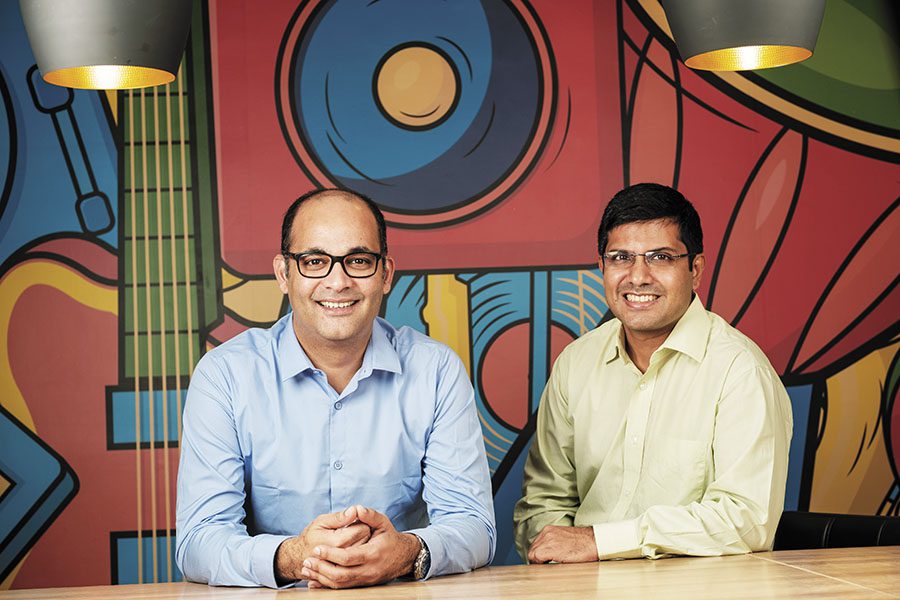
Rahul Chari with his co-founder Sameer Nigam
Rahul, co-founder and CTO, firmly believes in maintaining a high level of transparency when it comes to work. He also detests micro-management, and believes that it is best to give his co-workers the independence to bring out their best. A philosophy that has held him in good stead – from his first job at Andiamo Systems back in 2001 to his days at Flipkart and today as an entrepreneur helming PhonePe.
When learning took him to Purdue
Born into a Tamil family in Hyderabad where his maternal grandparents lived at the time, Rahul grew up in Mumbai where his father Varada Chari is a civil engineer and architect, and mother Padma, a homemaker. Good at academics, Rahul is grateful for his childhood and his parents who gave him the freedom to choose. “What stands out is that although my parents emphasised on education, they let me carve my own path,” says the entrepreneur, who schooled at St Xavier’s High School.
His interest in technology grew from his love for gaming on the Atari set and PC games. “That led to computer classes where I learnt basic programming using DOS and COBOL,” says Rahul.
By the time he completed high school, he was clear that he wanted to build a career in computers. He appeared for the JEE and even got a seat at IIT-Bombay. Instead he joined Sardar Patel College, Mumbai University. “Back then, I was resolute on pursuing a course in computer engineering but at IIT, I was offered civil engineering. So, I decided to opt for my true passion,” laughs the entrepreneur, who’s often been quizzed on his decision to give up an IIT seat.
Soon after graduation (1999), he moved to the US to pursue Master’s in computer science from Purdue University (2001). There, Rahul was met with an education system starkly different from the one back home. “In India, the focus was on theoretics and I am grateful for it, as it laid a strong foundation. At Purdue, it was a different ball game. I had to acclimatise to an environment where my batchmates – most from IITs, China and US – were already proficient in the development side,” says the PhonePe founder, adding, “It was a steep but very exciting learning curve. I loved the challenge.”
When starting up was a calling
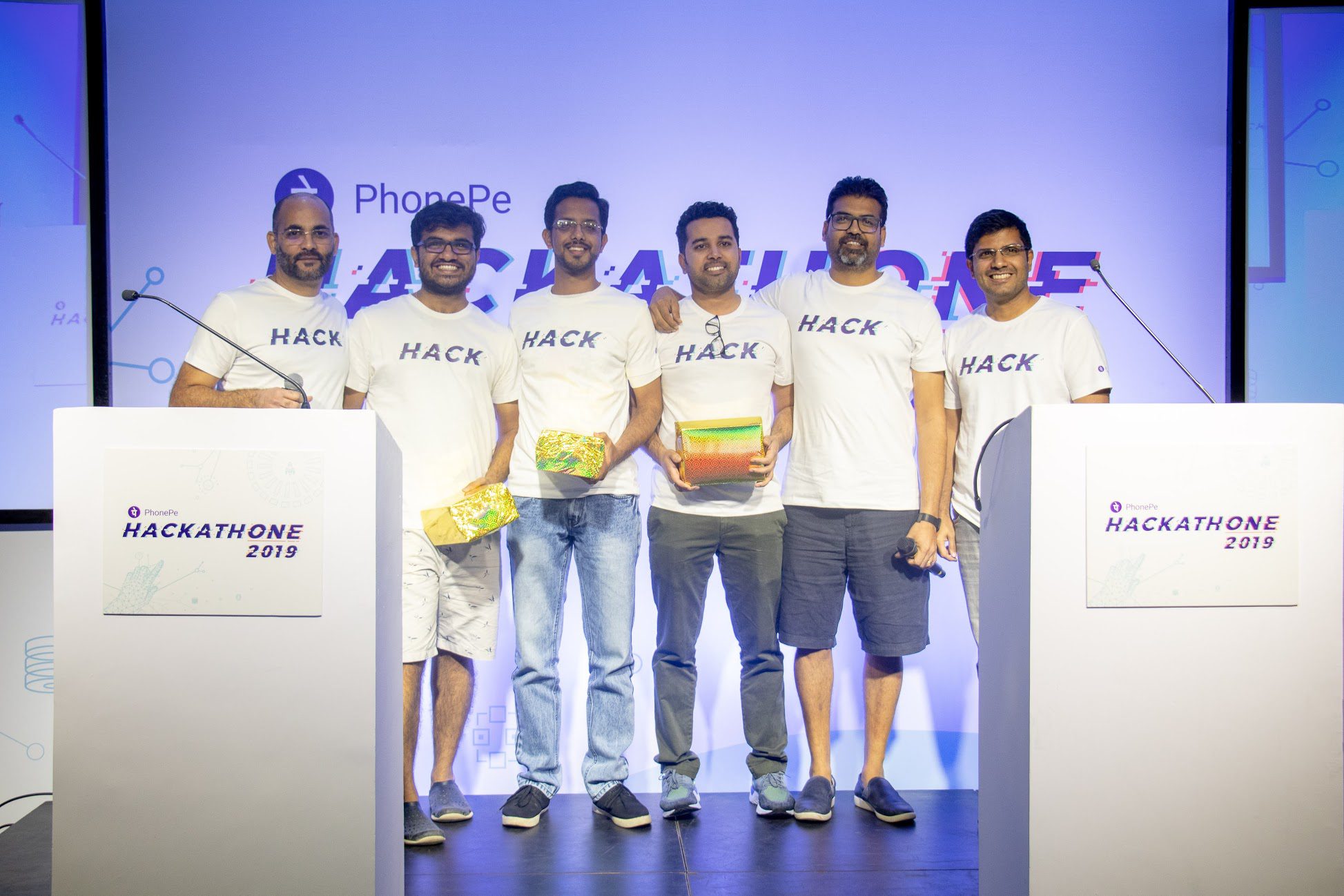
Rahul Chari with the PhonePe team
Incidentally, Purdue is known for its computer networking. Rahul had the opportunity to study under renowned computer science researcher Douglas Comer. On graduation, Chari had a plethora of choices – offers from IBM, Intel and Andiamo Systems (a San Jose-based startup). Well-wishers pointed him towards larger companies, but Rahul chose a startup. “This was just after the dot com bust had happened, and startups were considered extremely risky. Yet, I decided to join Andiamo,” he recalls. His time at Andiamo afforded him a superb experience.
“I’ve always believed that one of the most strategic choices one can make with their career is to condense the largest amount of learning in the shortest time possible. That’s what Andiamo did for me,” says Rahul, who worked there for three years, till it was acquired by Cisco in 2004.
In 2008, Rahul returned to India with Cisco, and by 2009, after almost a decade spanning embedded software and enterprise software development, he was ready to branch out on his own. It was around this time that he got together with Sameer Nigam, an alumnus of the Wharton School. The duo launched their first startup MIME360 in December 2009. “Today, startups are celebrated. But back then the startup ecosystem in India barely existed,” he recalls.
Back to home base
Their first office was based out of Sardar Patel College, where they would hire students as interns. “While they were all happy to join us as part of their final semester project, not everyone wanted to join as an employee. But, there were a few who did,” says Rahul, recounting how a graduate turned down an IBM offer to work with him and Sameer. “Six months later we learnt that he’d been telling his parents that he was working with IBM. He’s still with us at PhonePe,” he laughs, adding that he’d often spend days meeting parents to convince them to let their kids join MIME360, a media distribution platform that was acquired by Flipkart in 2011.
His role as VP engineering at Flipkart, saw him build e-kart. “I had a great journey at Flipkart. The infrastructure laid out by Flipkart is what the rest of the startup ecosystem today relies on. It was a great learning experience; I learnt how to merge the best of the digital and physical worlds,” says Chari, who along with Sameer quit Flipkart to set up PhonePe in December 2015.
“We wanted to build the infrastructure for digital payments,” he says. PhonePe happened to launch around the same time as UPI was introduced, thus paving the way for some great opportunities. “We were sold on UPI and built PhonePe on it,” says Rahul.
The demonitisation move in 2016 proved to be a catalyst to drive digital payments, but it was the pandemic that caused the baseline shift when it came to the adoption of digital payments. “The pandemic swung the pendulum towards digital payments; it has now become a necessity,” he says.
Away from tech, the entrepreneur loves to dabble with wood work, has crafted several jewellery boxes, floor lamps and console tables that he and his wife Priya gift.
- Follow Rahul Chari on LinkedIn


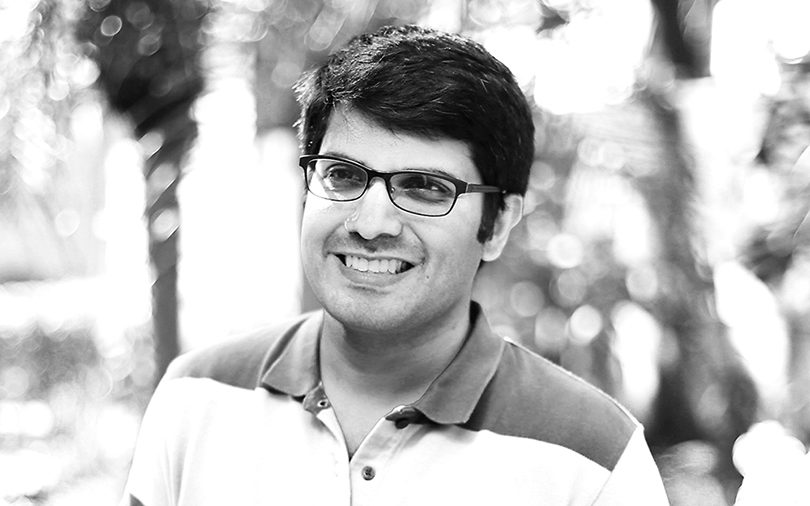
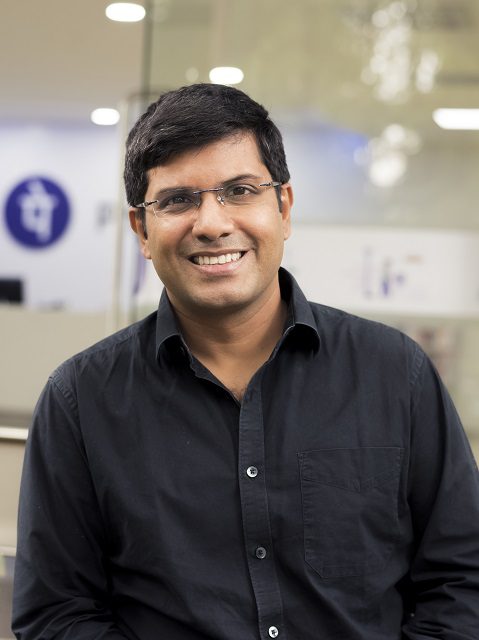
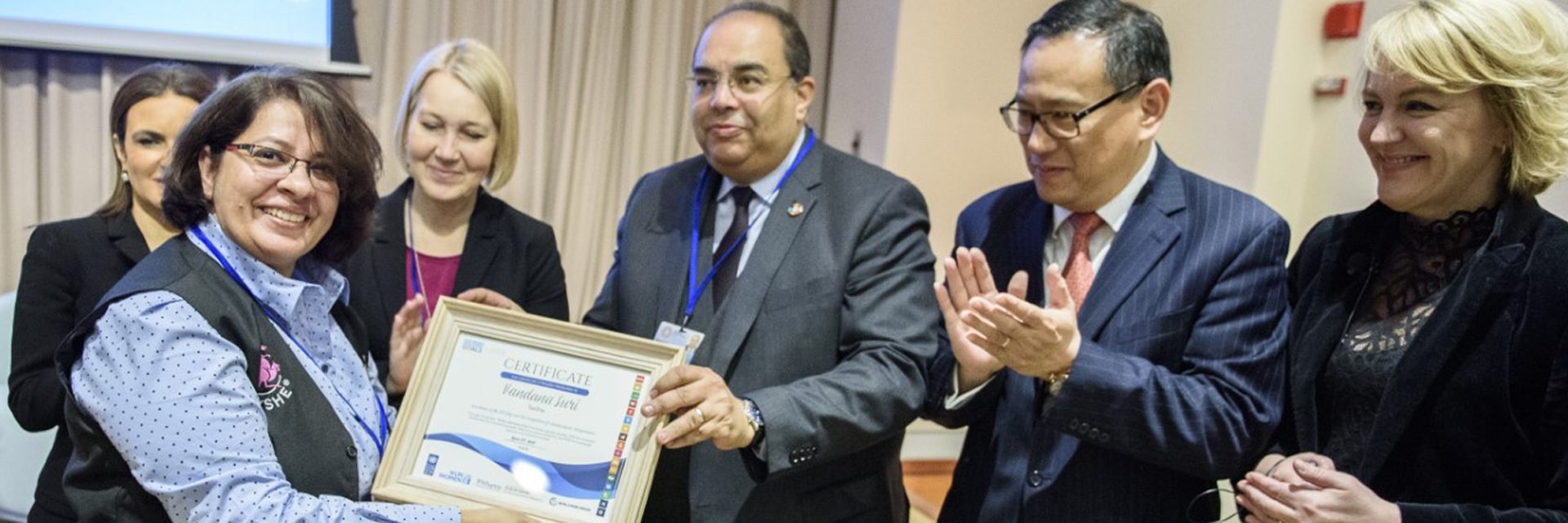
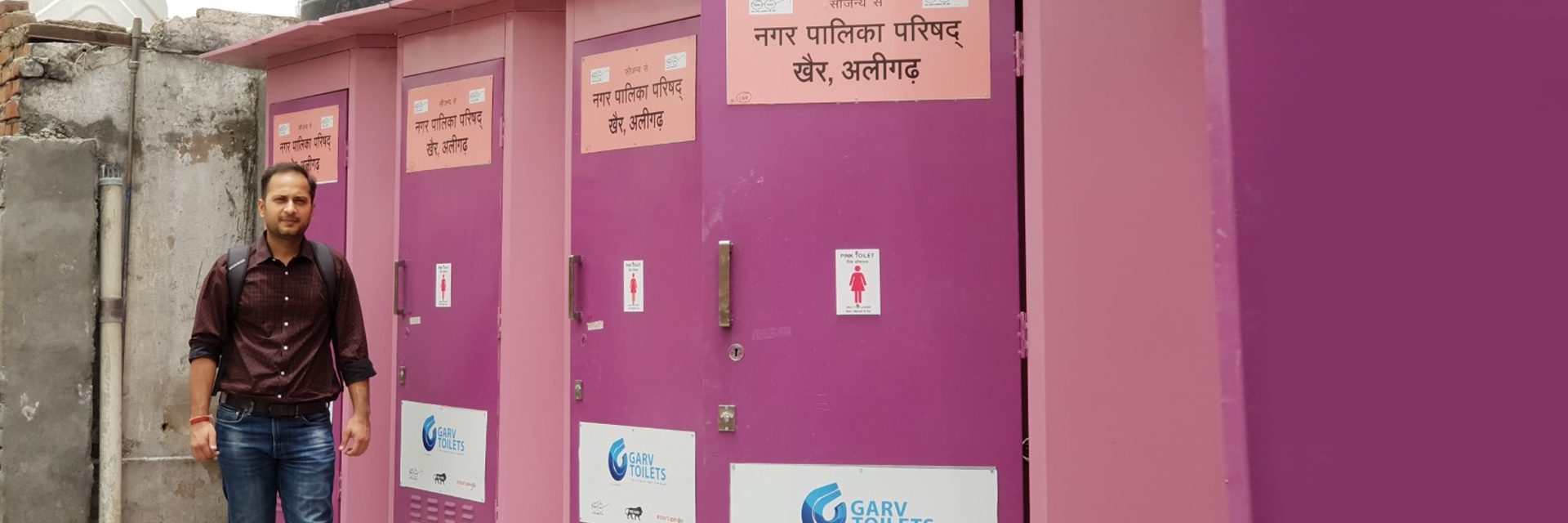
I would like to purchase the digital wallet that has a lending module